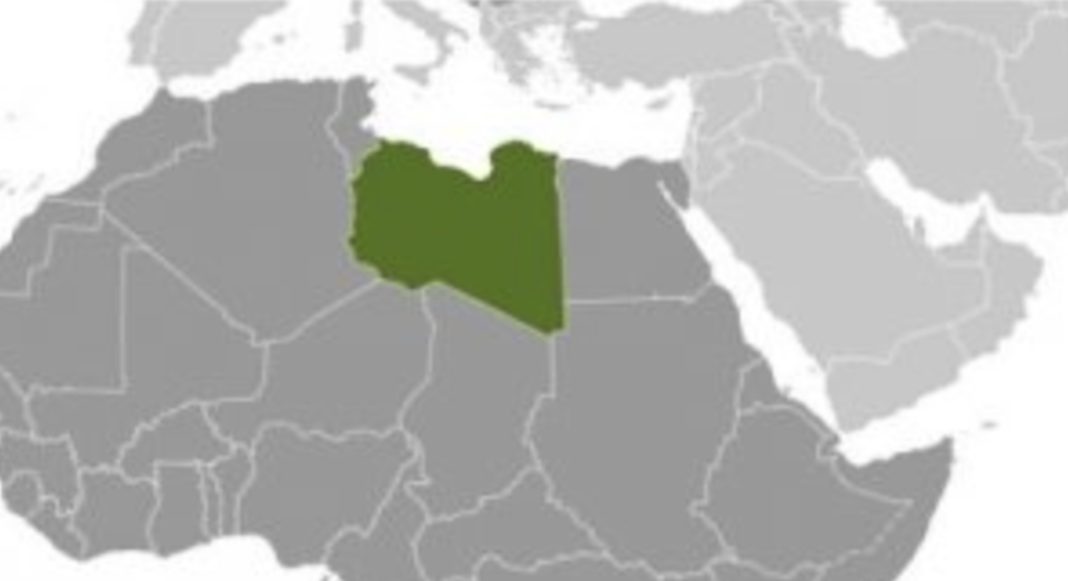By Janet Ekstract
ISTANBUL (TURKISH JOURNAL)- An international conference hosted by the current interim government in Tripoli met on Thursday with the goal of resolving some of Libya’s most difficult issues before scheduled general elections on December 24. Representatives from the U.N. as well as Western and regional representatives met along with foreign ministers from Egypt, Tunisia, Algeria and Kuwait. French Foreign Minister Jean-Yves Le Drian and U.S. Acting Assistant Secretary for Near Eastern Affairs Yael Lempert also participated as did Niels Annen of the German Foreign Office.
Discussion at the conference centered around an initiative launched by the Libyan interim government known as “Libya Stabilization,” which consists of creating an international group to assist Libya’s transitional government in solving pressing issues that could influence upcoming elections. According to France’s foreign minister and U.S. Acting Assistant Secretary for Near Eastern Affairs Yael Lempert reiterated that regional as well as international help is crucial to consolidate a U.N.-backed ceasefire, ensure withdrawal of mercenaries and foreign figures and unify Libya’s multitude of armed groups under a single command.
The main controversial issues under scrutiny include sticking to Libya’s ceasefire, uniting armed groups under a single security body and withdrawal of foreign fighters. One of the most complicated situations in the North African nation is the fact that for decades, the country has been split between rival governments with the interim government in Tripoli and the rival government in the eastern sector of the country. The dilemma is that each government is backed by different militias and foreign powers with vastly different agendas and objectives for Libya. Libyan Prime Minister Abdul Hamid Debeibah tweeted on Wednesday, “Libyans choose peace & stability today.” He added, “Tripoli has healed and regained its symbol as a unified capital. The stability of Libya is the only way to complete building our civilian, security, and military institutions. We are going to elections on time.”
In his opening remarks at the conference, Dbeibah said the goal is to come up with an agreement that would offer “some permanent mechanism to coordinate efforts in order to solve pending issues.” In addition, the U.N. under-secretary-general for political affairs Rosemary A. DiCarlo emphasized there needs to be a withdrawal of foreign fighters from Libya. This issue over mercenaries and foreign fighters has been a huge obstacle to any type of genuine consensus. Several weeks ago, the United Nations Mission in Libya (UNSMIL) mediated between the rival governments that included a 10-member joint military commission with five representatives from each side who agreed to begin a “gradual and balanced” withdrawal of foreign fighters. The interim government is scheduled to lead Libya into December elections. The U.N. estimates there are at least 20,000 mercenaries and foreign fighters that remain in the country.




